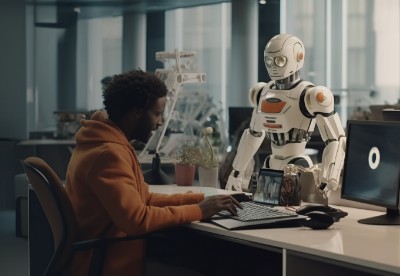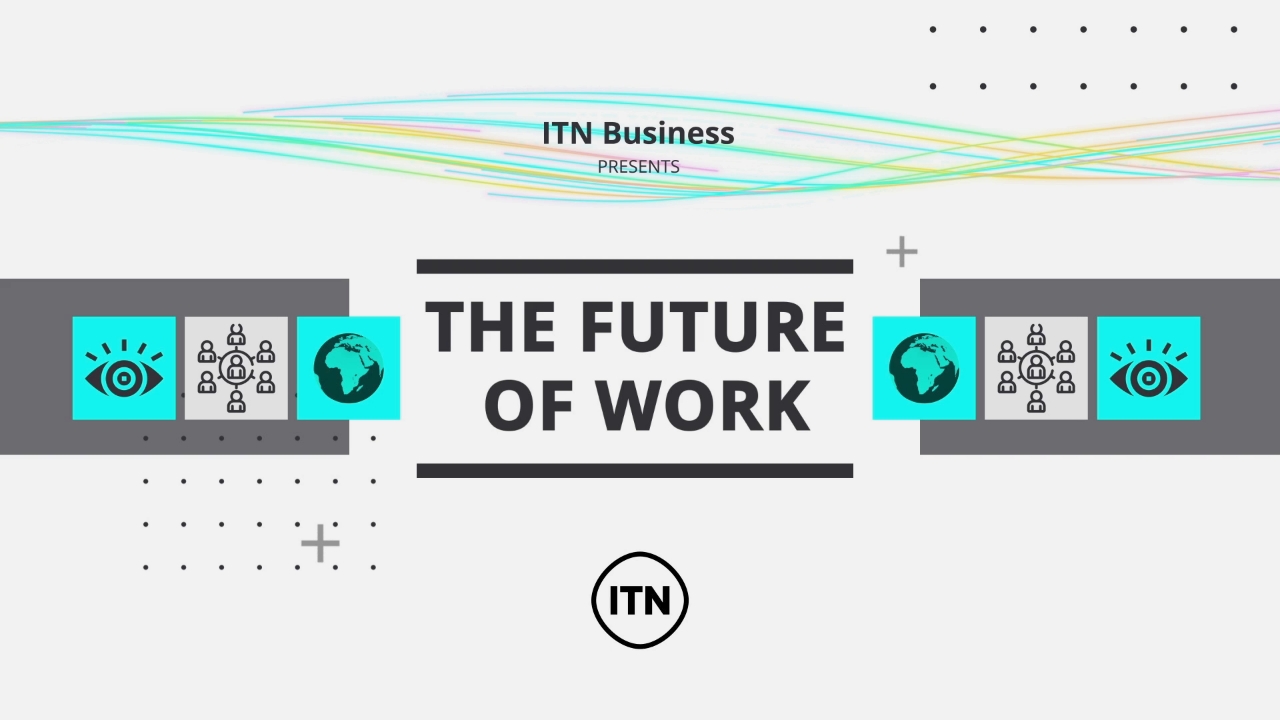Bolster Employee Engagement and Retention
A positive and seamless employee experience leads to better retention, higher productivity, and greater levels of engagement. AI can personalize the experience and improve motivation by tailoring solutions to individuals’ needs and adapting to their learning styles and pace.
Enterprises will increasingly leverage AI to analyze employee engagement metrics in real-time, understand what makes top talent perform, and iterate on their AI-powered personalized retention strategies. Meanwhile, new technology tools will foster work cultures in which collaboration is rewarded and where digital experiences feel as genuine as face-to-face interactions.
Embrace AI for the Ethical Future of Work
AI is not eradicating the future of work. AI is the future of work. Its workplace invasion is a double-edged sword: It can dramatically improve efficiencies and augment human intelligence in powerful ways, yet if deployed carelessly, it can deliver biased algorithms, privacy breaches, intellectual property risks, and potential job displacement.
To truly make AI an ally in the future of work, enterprises will need to embed strong AI ethics at the heart of their operations, including their HR operations. AI guardrails will need to eliminate bias in skills analysis, predictive forecasting, hiring, talent cultivation and succession planning. And workforce strategies will need to build AI-driven skills development initiatives that can counteract any AI-driven job displacement. To identify, attract, and support a dynamic and committed global team, such AI guardrails will be non-negotiable.
Rather than bringing on a dystopia of job displacement and rigid automation, the AI revolution can give birth to nimble companies that are great places to work and build a career. This requires enterprises to leverage data to identify skill gaps and recruit top talent, invest in comprehensive upskilling programs, and use technology to supercharge employee engagement. Technology has always been a tool, not a silver bullet. The real magic of the coming decades will happen when companies merge the strengths of their human workforce with AI to create a potent blend of empathy, creativity, and efficiency – the three keys to thriving in the future of work.
 Locations
Locations





